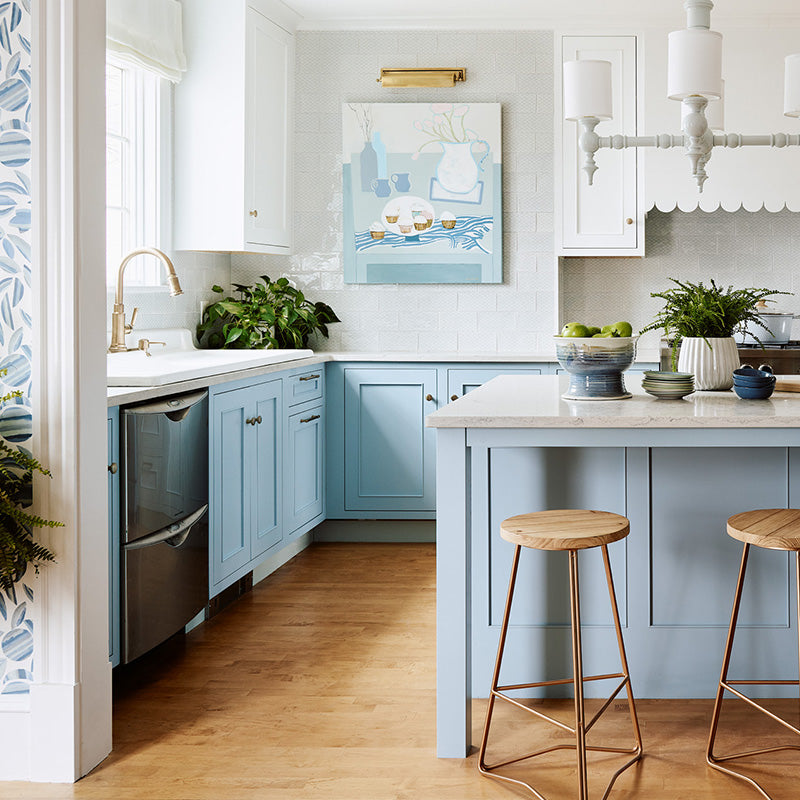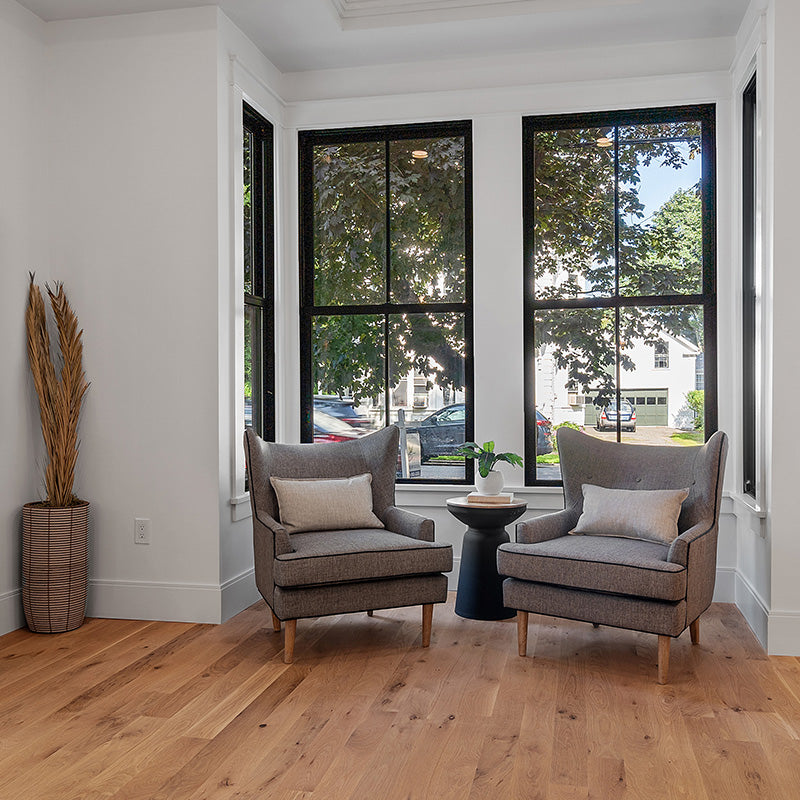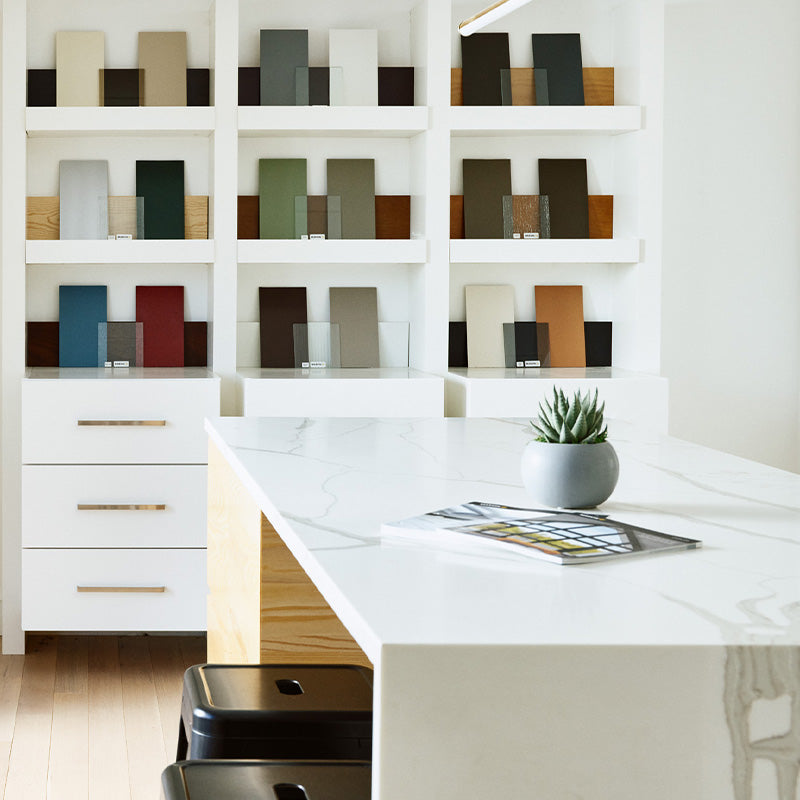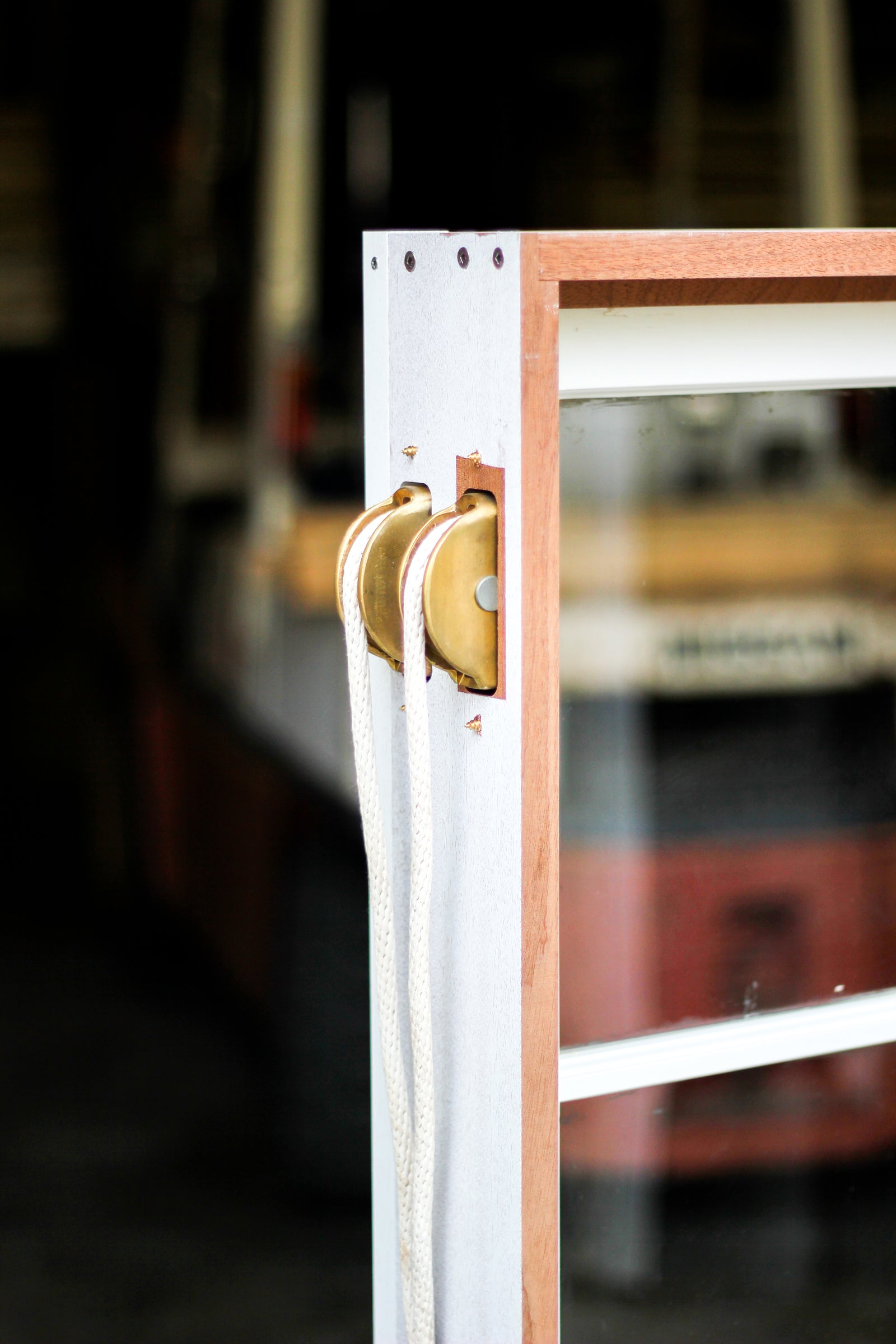Projects
Resources

Passive House Appleton Farms
April 20, 2022 2 min read
The Trustees of Reservations asked ZED to help achieve the organization's goal of net zero carbon. The newly renovated center includes classrooms, a meeting room, offices, and a commercial kitchen.
Background. The Center for Agriculture and the Environment at Appleton Farms is the heart of this dynamic property, which includes numerous agricultural and commercial structures on well over 1,000 acres. For over 200 years the original farmhouse was home to generations of the Appleton family.
Program. This office rehabilitation project converted 4,800 square feet including two distinct elements, the original 1794 farmhouse and the 1872 west wing, both of which have been abandoned and "mothballed" for over 15 years. The renovated building includes staff and management office space, classrooms, meeting room, and a commercial kitchen.
Deep Energy Retrofit. The project underwent a deep energy retrofit, including a full gut to the frame, fully updated building envelope, complete systems replacement, and the addition of renewable energy systems. Heat and hot water are provided by a biomass boiler. A large ground mount solar array offsets all electric consumption with clean renewable energy. Now renovated to LEED Platinum levels, the energy performance is net zero carbon, in alignment with client goals.

When it came time for Appleton Farms to renovate their farmhouse, they wanted to carry the same principle they use in their farming to the work on their buildings. To do that, one of the first questions they asked themselves was: what is sustainability to me?
Sustainable building is something that sounds great, but is often hard to nail down. Often what it comes down to is this question: what does sustainability mean to you? For Appleton Farms, it meant reusing the same structure that has been there for hundreds of years. The energy put in to cutting and milling the timber in the house was something they wanted to continue on into the next generation.

What often gets lost in the quest for sustainable or green building is that it is not an all or nothing game. If you can manage to renovate your home to make it tighter, protect from drafts, use less energy to maintain a comfortable temperature, and not have to throw away and replace everything, that is a sustainable building practice. Something that is recycling the materials that are already in place, so you are using raw materials to produce new building products. And, by building to higher performance standards, you have reduced your buildings future energy consumption. While this project is a certified Passive House, yours doesn’t have to be to be considered a sustainable build.

From: Zero Energy Design
Work done by: Allsop Design
Leave a comment
Comments will be approved before showing up.
Subscribe Today!
Our goal is to provide you with as much information as possible. Our newsletter is full of tips, inspiration and featured projects. We promise to only send you interesting things and never share your email with anyone else.





